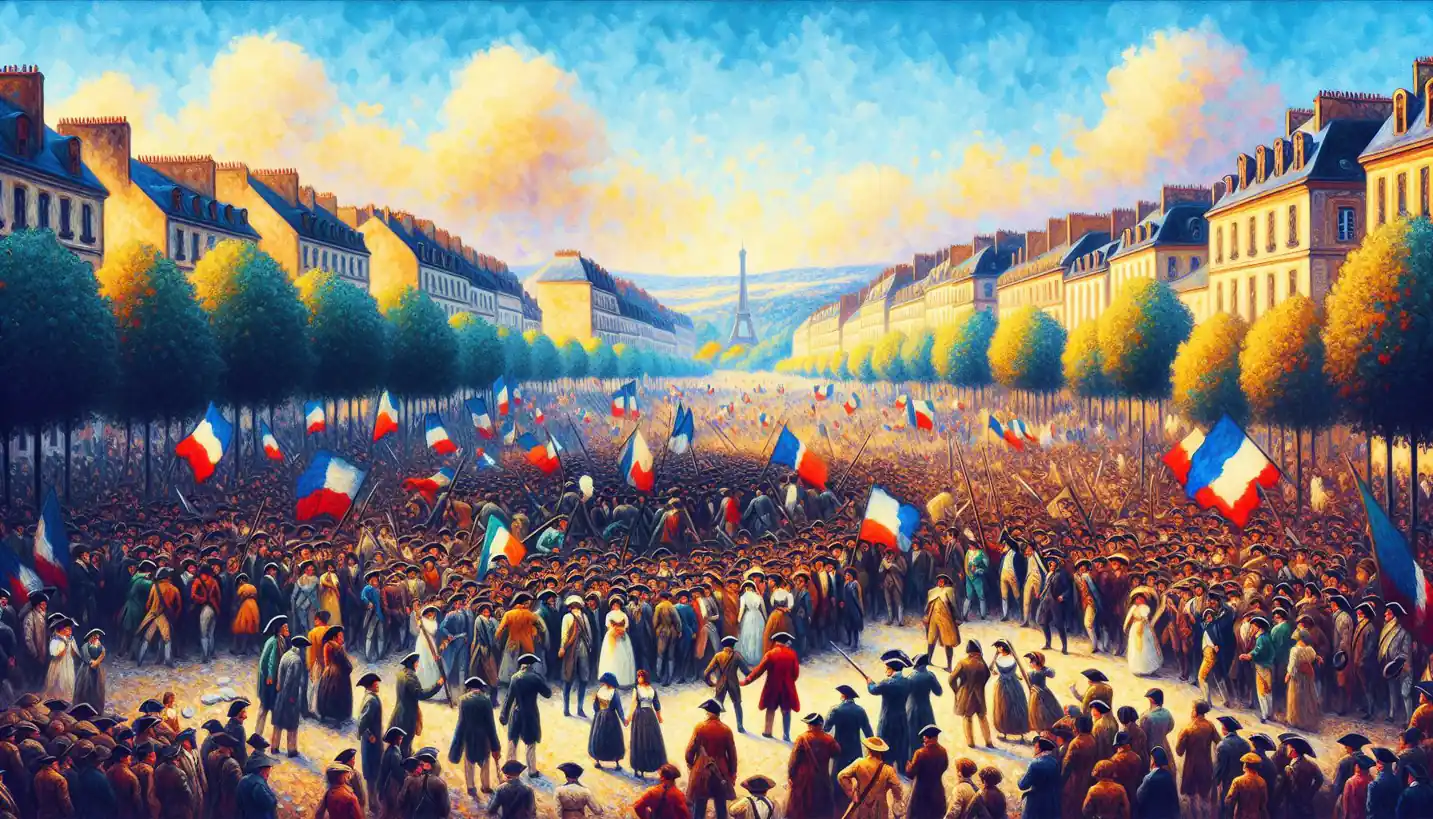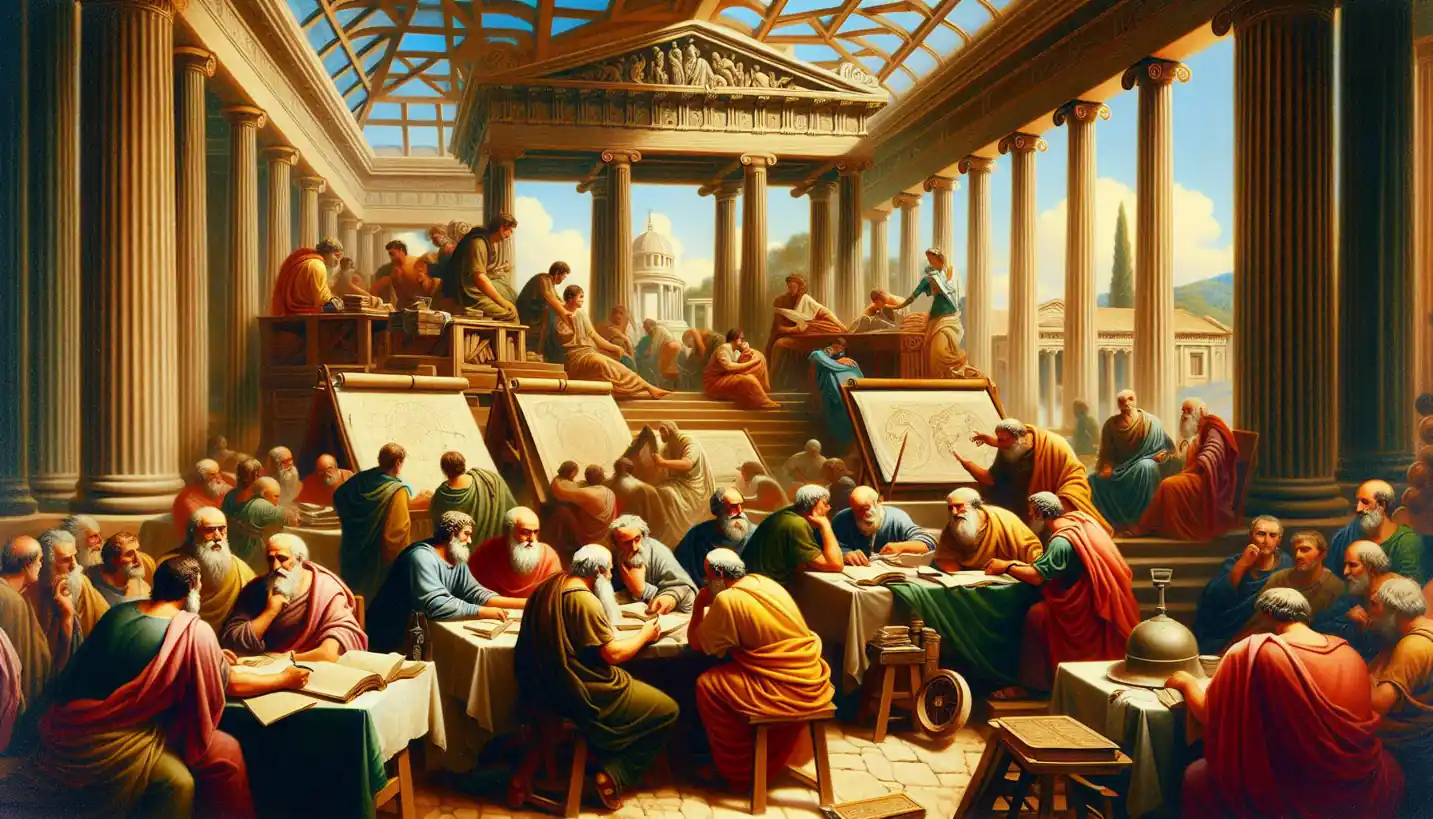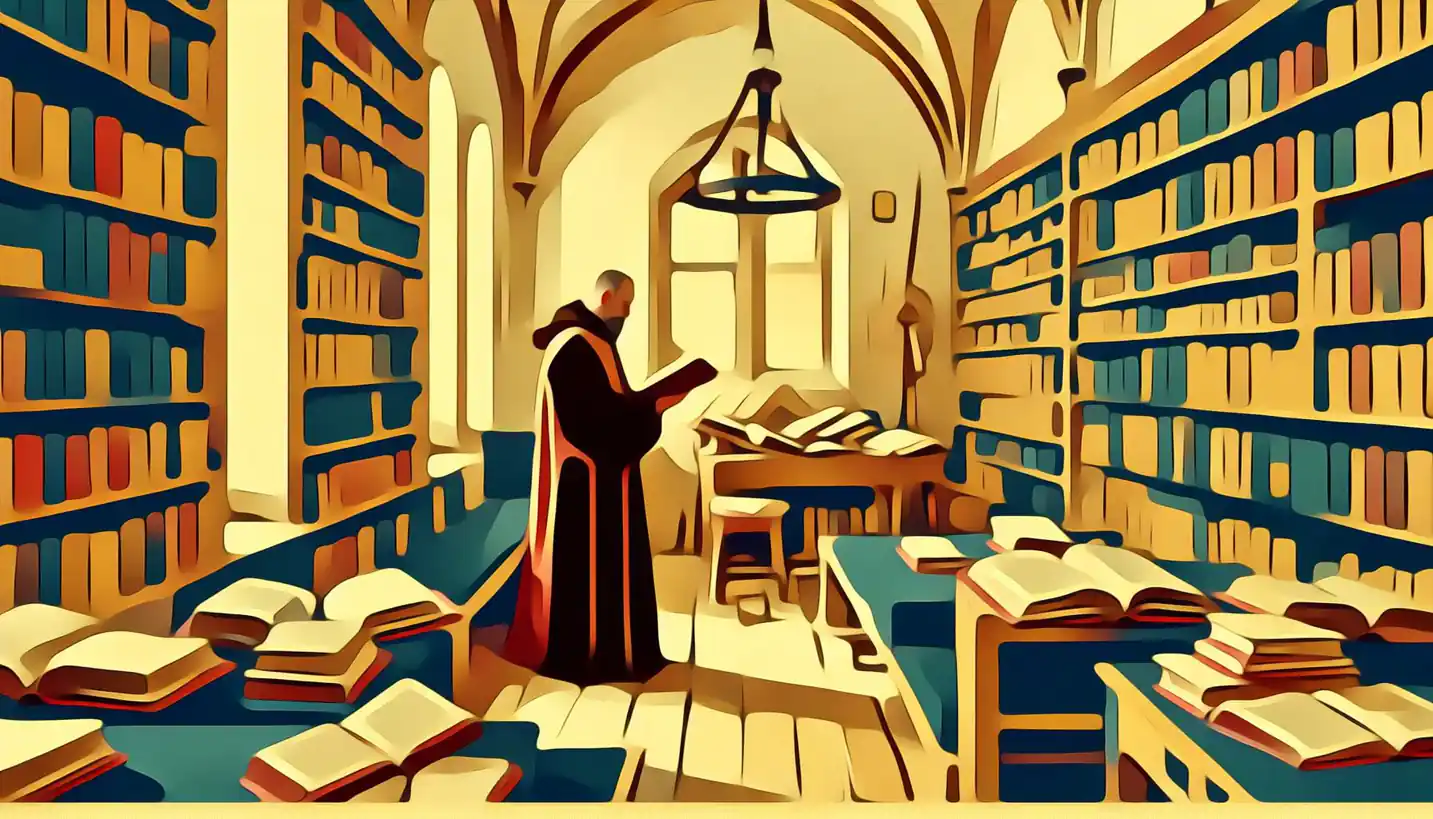· History · 5 min read
The Fronde: Turmoil in Early Modern France
The Fronde was a chaotic time in France, marked by rebellion and power struggles. Learn about the turmoil that shaped the nation during this pivotal moment in early modern history.

Once you start exploring the vibrant tapestry of history, you’ll stumble upon events that seem straight out of an epic novel. One such episode in early modern history is the Fronde in France—a period brimming with drama, power struggles, and pivotal change. Now let’s dive into this fascinating chapter of chaos and confusion that shook the foundation of 17th-century France.
The Fronde was a series of civil wars in France between 1648 and 1653, a time when the country was already suffering from the pressures of the Thirty Years’ War. France was governed by the young Louis XIV, although real power was held by his mother, Queen Anne of Austria, and her chief minister, Cardinal Mazarin. It’s important to understand this backdrop to grasp why the Fronde erupted as it did.
So, what caused this tumultuous period? The main issue was power and who should wield it. Mazarin, like his predecessor Cardinal Richelieu, believed in strengthening the authority of the monarchy. However, this centralization of power didn’t sit well with everyone, especially the nobles and the parliaments who felt sidelined and oppressed.
Let’s break it down using our modern perspectives. Imagine you work in a company and suddenly, all the decision-making powers are concentrated in the CEO, leaving other managers and employees with no say at all. It’s easy to picture how frustrating that would be, right? That’s exactly how the nobles and the parliaments of France felt under Mazarin’s rule.
The Fronde began with the “Fronde of the Parliaments” in 1648. This phase saw various parliaments, or judicial bodies, resisting the royal authority’s attempts to impose taxes and further control. They essentially wanted a say in financial matters and governance. However, this was more than just about money—it was about dignity and influence. It’s like saying, “Hey, we’re not just here to follow orders; we should have a voice too!”
As the royal government tried to assert its control, tensions escalated. The city of Paris witnessed uprisings where barricades were set up, and battles broke out between the royal forces and the rebels. This was a time of great uncertainty—the streets buzzing with rumors, alliances forming, and plenty of backroom deals.
The second phase, known as the “Fronde of the Princes,” was marked by the involvement of high-ranking nobles who were not content just sitting on the sidelines. They saw the popular unrest as an opportunity to challenge Mazarin and expand their own power. Imagine a game of chess where each noble is a player strategizing to become more influential.
Prominent figures like Louis II de Bourbon, the Prince of Condé, emerged as key leaders. Condé had already made a name for himself as a brilliant military leader during the Thirty Years’ War. His involvement added an air of legitimacy and strength to the rebellion. However, these noble-led uprisings were less about the general populace and more about personal ambitions.
But here’s where it gets twisty. While the nobles had the strength to pose a serious challenge, they lacked unity. Their own rivalries and conflicting interests often undercut any coordinated effort against the crown. It’s like watching a sports team with star players who can’t quite pull together—plenty of potential but unable to unify under a common strategy.
Despite the turbulence, the young Louis XIV observed and learned during this era of strife. The Fronde left a lasting impression on him, shaping his future reign. Witnessing firsthand the chaos that infighting and rebellion could cause, he later established an absolute monarchy, avoiding the mistakes of his predecessors by ensuring no other power could rival that of the king.
As the dust from the Fronde settled, France emerged relatively intact but with notable changes. Cardinal Mazarin managed to maintain the royal authority, and the absolute monarchy of Louis XIV began to take shape. It marked the end of feudal fragmentations and set the stage for a centralized state.
But what makes the Fronde particularly important isn’t just the power struggle but the lessons it imparted. It was a reminder that unchecked authority could indeed provoke backlash. Moreover, it highlighted the necessity for balance within the structures of power—a theme that resonates even today in discussions about governance and political systems globally.
In today’s context, the Fronde often serves as a powerful historical example of the complexities involved in power dynamics—something that nations around the globe continue to navigate. It challenges us to think about governance, the importance of balance in power, and how to address dissent effectively without leading a nation into chaos.
As we ponder over these events, you might be left with a feeling of curiosity. What if the nobles had succeeded? Would France’s history have unfolded differently? Or, more broadly, what does this teach us about resolving conflicts within nations today? Such questions remind us of the dynamic interplay of history, politics, and human ambition—elements that continue to shape our world.
The Fronde wasn’t just a blip in history; it was a vivid moment of upheaval that influenced the trajectory of France and the balance of power in Europe. Through stories like these, we understand not only our past but also gain insights into our present and potential future.



